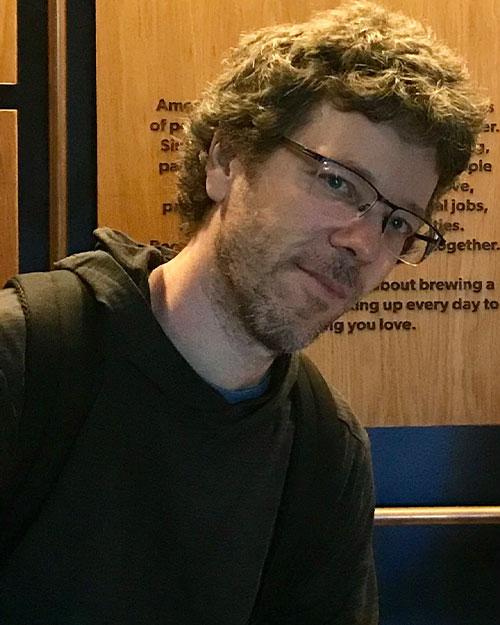Instructor Spotlight: Quillon Arkenstone

Tell us about your background and what inspired you to teach this course
As a graduate student in Japanese literature, I became interested in the detective fiction produced in Japan’s colonies throughout the 1930s and ‘40s. This led me to consider larger issues of genre transmission and development, in particular the intriguing mixture of a global form with local innovations (a process that has since been termed “glocal”). If anything, detective fiction has always been global, and it seemed that its development and success as a genre might be productively understood in a truly transnational context.
What is alluring about the figure of the detective?
I think the allure lies in the possibilities the figure presents for interpretation (and reinterpretation). Abilities given to detectives throughout the genre’s existence, from superior ratiocinative prowess to a mastery of the modern landscape to an unerring ability to restore the social order, have offered a sense of reassurance that has resonated with generations of readers. It could also be the fashionable deerstalker hats.
What does detective fiction tell us about contemporary prejudices and/or social issues?
Detective fiction is capable of showing some of the more sobering aspects of society, while the contextualization of its transgressions within larger social issues can serve as a mirror to how societies have historically approached these issues. The genre’s efforts at upholding the status quo often betray quite clearly the prevalent attitudes that underlay them. Interestingly, this capability has recently intersected with the publishing industry in the form of alterations to the works of writers (such as Agatha Christie) which have given rise to a debate over how much the genre should be allowed to express these prejudices and issues.
What is something that you are looking forward to in your course later in the semester?
Later this semester the translator of one of our works will pay us a visit to give an insight into the role translation and publication play in detective fiction’s global circulation. Many of our works are read in translation, and I am excited to lift the curtain a little on the influential (and lucrative) process of which works get selected for translation and why.
Quillon Arkenstone is a translator who holds a PhD in Japanese Literature from the University of Hawai’i. His research intersects across the domains of literary studies, theory, history, and political science, and includes Modern Japanese literature, Japanese and Korean literature of the empire, and colonial and metropolitan mystery fiction.